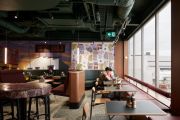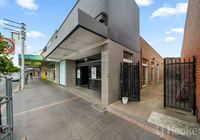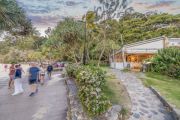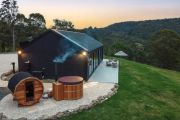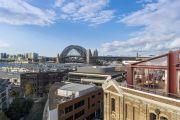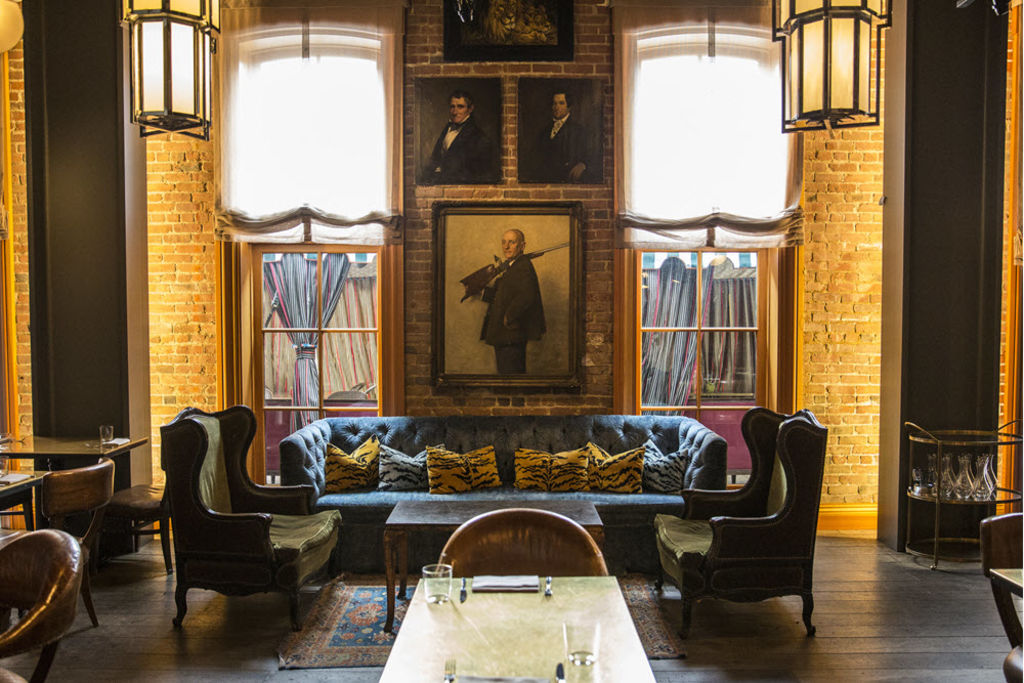
In the world's tech capital San Francisco, private clubs are opening for the new wealthy
Scott James
On a sunny Tuesday afternoon in the main lounge of the Battery in San Francisco, with its soaring ceilings and provocative contemporary art, an African-American woman sat on the edge of a sofa typing on her laptop. Nearby two middle-aged white men in dark blazers engaged a small group in business conversation. Across the room, an Asian man in his 20s perused his smartphone.
Although it looked like an upscale hotel lobby, those assembled were actually hand-picked: The Battery is an invitation-only private social club.
It is one of a burst of recently opened private clubs that have arrived with the city’s latest tech-fuelled boom, further signalling San Francisco’s transition from its flowers-in-the-hair past to a community comfortable with velvet stanchions.
But as the scene at the Battery revealed, these are not the mostly white, well-to-do gentlemen’s clubs of yore. The new clubs welcome all genders and races, and one does not need to be extraordinarily wealthy to join. The Battery’s dues are $US2400 a year ($3130), about the same as a high-end gym membership. Rates are similar at other newer clubs.
Michael Birch, the Battery’s co-founder, said that cultivating a diverse membership, both ethnically and culturally, had been a focus since opening in 2013.
“We’re getting better and better at bringing in members who add value,” Birch said.
The club’s membership has grown to 4800 today from an initial 1400 in its 5400-square-metre converted warehouse space, he said, making it the largest of the newer clubs.
Even though Birch made his fortune by selling his website Bebo to AOL for a reported $US850 million in 2008, he and his wife, Xochi, reached beyond their circle of tech colleagues into the realms of art and music for the initial membership list, inspired, they said, by London’s private social clubs.
Now, existing members recommend who joins next, and applicants must go through several rounds of screening interviews.
To become a member, it helps to be interesting.
Roh Habibi, a member of the Battery and a real estate agent who was a star of Bravo TV’s “Million Dollar Listing San Francisco,” appreciates the variety of people he meets at the club. He said it was as if the membership criterion were “Would I feel happy meeting you?”
Other new clubs are more tech-centric.
Modernist opened last year in the 280-square-metre space of a defunct restaurant near the Embarcadero waterfront, and the co-founder Albert Chen said his initial members were friends, many of them working in technology, his former profession.
The club’s website describes the membership as a “Community of Accomplished Founders, C-Level, Venture Industry and Friends.”
“San Francisco has a lot of tech people,” Chen said. “If we were in LA, it would be a lot of entertainment people.”
Members can work in the space during the afternoons, and events include talks on abstruse subjects like cryptocurrencies. But apparently, above all, the Modernist members enjoy imbibing – the club employs a veteran mixologist, and the walls are lined with members’ personal caches of liquors, some secured with biometric locks.
Chen said the club had 500 members and it would open a second location near the city’s Pyramid tower this year, two blocks from another in the new wave of clubs, Wingtip, a retail space and membership club that promotes itself as “not a bunch of guys in a steam room talking about what a raw deal Prohibition was.”
That quip is aimed at the city’s old elite gentlemen’s clubs, some dating from the Gold Rush – places like the Bohemian Club and the Pacific Union Club.
Charles Fracchia, a local historian and author, has studied the older clubs and calls them a classic example of “the associational principle.” As cities expanded, he said, like-minded people started clubs based on their shared interests. The Bohemian Club, for example, was created by journalists and artists.
“People like to hang out together,” Fracchia said. “We see this in every aspect of life.”
Over the decades, however, many of the older clubs evolved into bastions of privilege and exclusivity. To belong became “a feather in your cap,” said Fracchia, putting status above the clubs’ original missions.
And while some of the new clubs might see themselves as an alternative to that elitism, the truth is that many of the newer clubs’ members would not be readily accepted at the old if they wanted to join. Some of the older clubs still do not admit women, and many have few minorities, waiting lists that are years long and fees that can be tens of thousands of dollars.
Still, in a famously progressive city where millionaires often drive Priuses and flaunting money is frowned upon, some see little difference between the newer and older clubs – it is just moneyed people excluding others.
An essay in The New Yorker criticised the Battery as a troubling sign of the city’s latest surge in wealth. “San Francisco itself is turning into a private, exclusive club,” wrote Anisse Gross.
Perhaps sensitive to this criticism, some newer clubs have embraced philanthropy. Birch said the Battery and its members had raised $US10 million for charity in the past few years, including a recent fundraiser to benefit those affected by nearby wildfires.
Other newer clubs unapologetically focus on a niche. The baseball-themed Gotham Club is located at the Giants’ ballpark, and the city’s newest club, the Academy, is primarily for gay men.
“Gay men are an interesting group because they belong to a club just because of who they are,” said Nate Bourg, a co-founder. Open since June, the 185-square-metre club already has 150 of 300 expected members.
Paul Miller, another co-founder, said the space was meant to be an inviting alternative to bars. When new members arrive, they can opt to be personally introduced to others, and dues are as little as $US99 a month. “It’s not about how much money you have,” Miller said.


